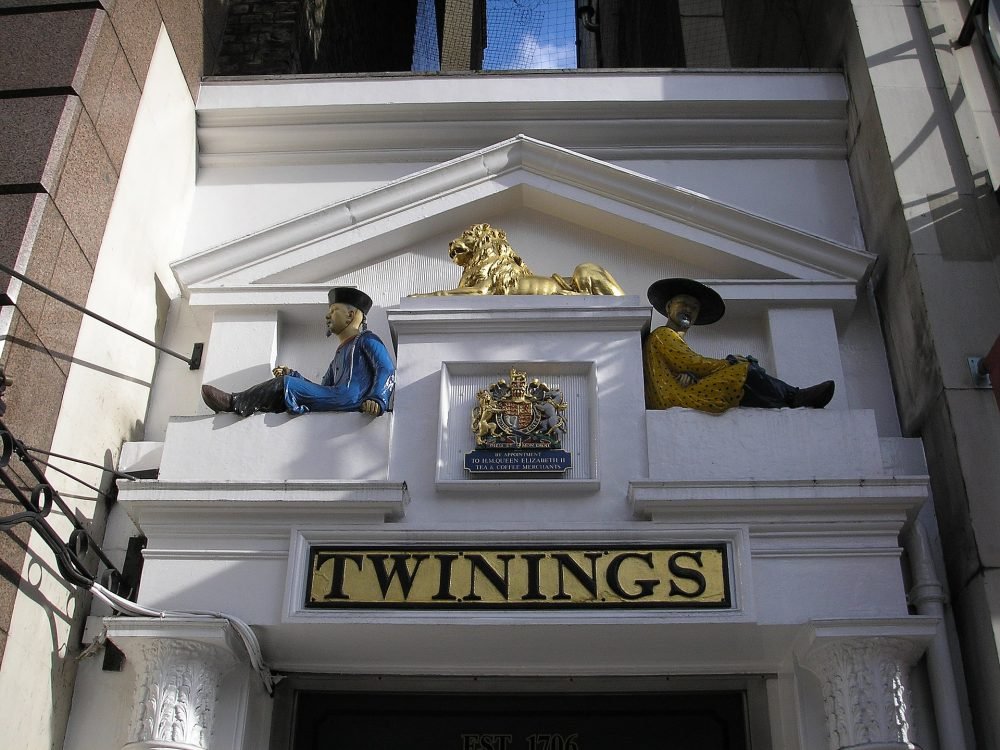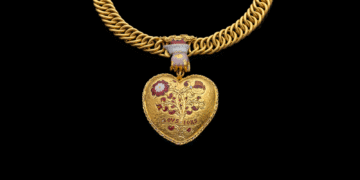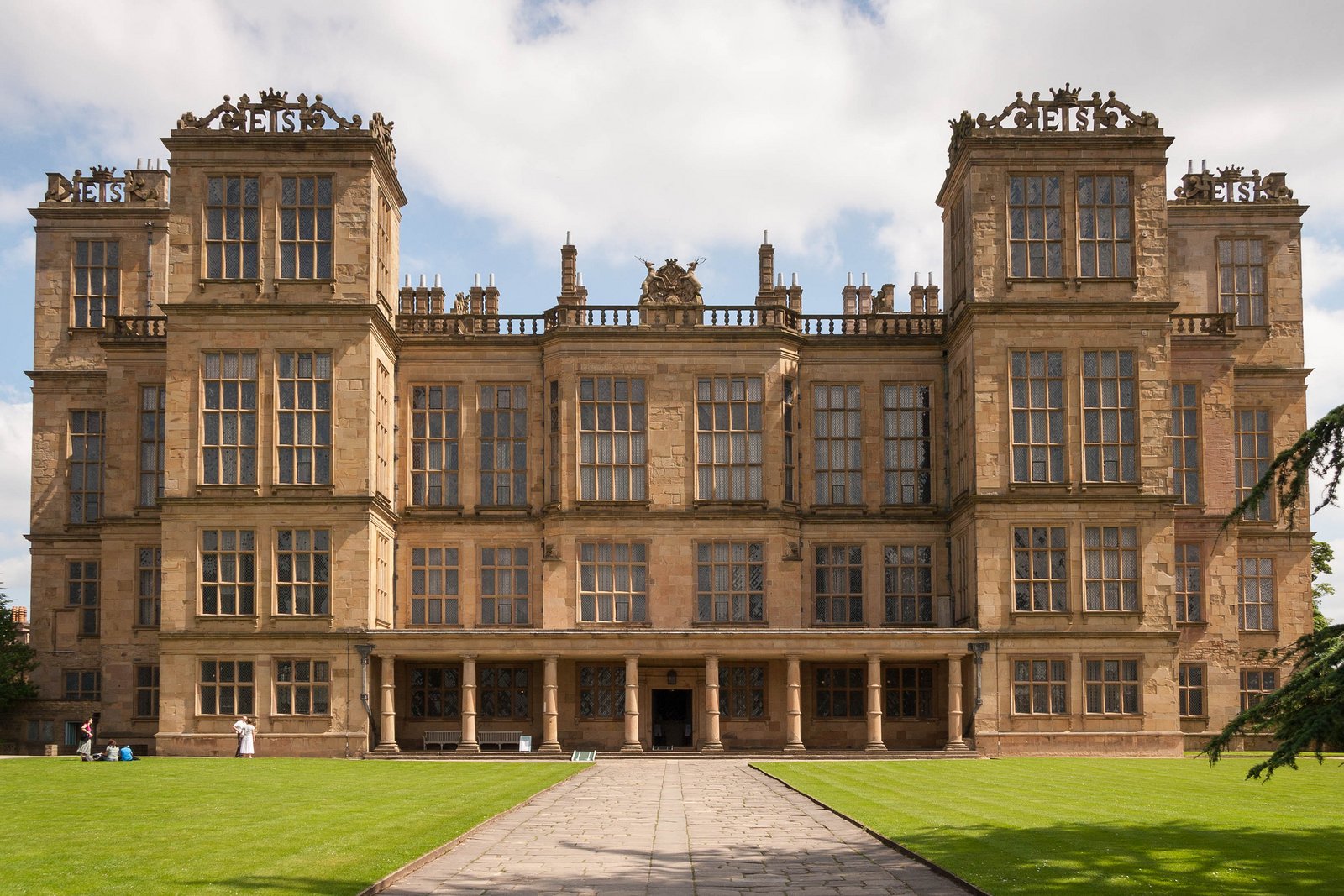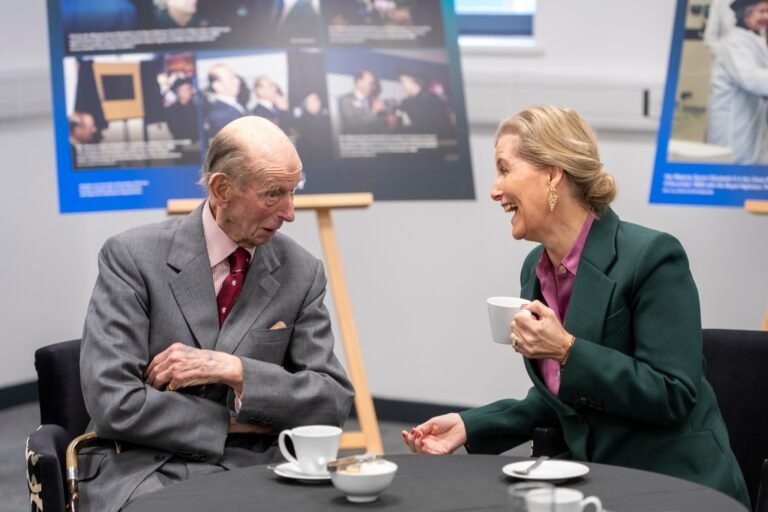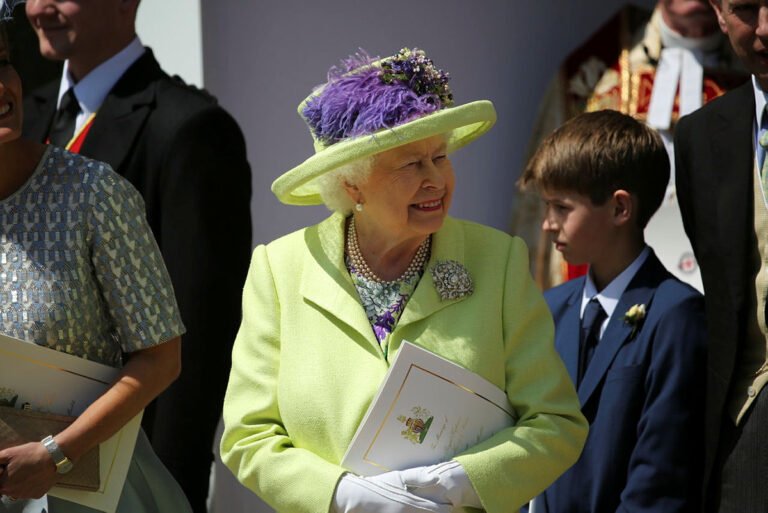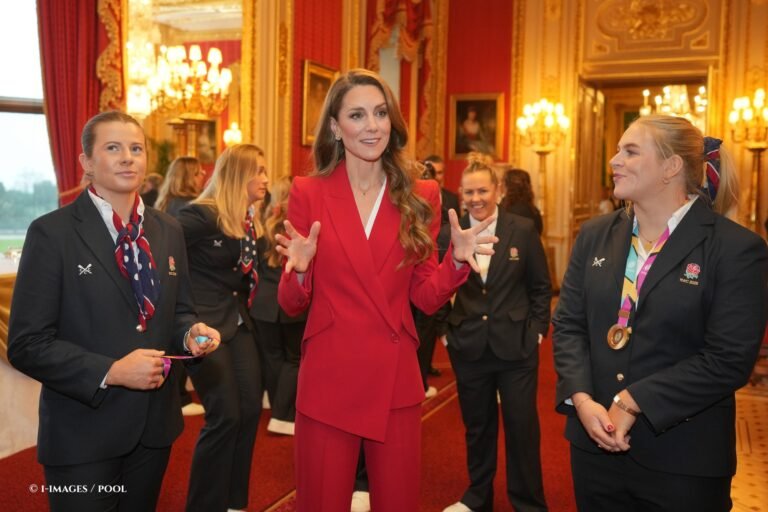Royal warrants are a highly prestigious mark of recognition from the royal household. It signifies a business’ longstanding relationship supplying certain members of the Royal Family with goods or services and are now synonymous with quality.
Rooted in centuries of tradition, royal warrants carry significance for both the recipients and the broader public. Let’s take a look at the history of royal warrants…

What are royal warrants?
A royal warrant is a formal document issued to companies or tradespeople who have supplied goods or services to the royal household for at least five consecutive years, showcasing that a Royal uses a product or service from this business, and is essentially very happy with their experience.
Those who receive a royal warrant are known as a ‘Grantee’, and are found in many different industries – this however excludes professional services, like legal firms and banking.
An official royal warrant Display Document is sent to the Grantee, which authorises their display the royal coat of arms (something limited by British law), accompanied by reference to who gave them their warrant. Businesses can then use the coat of arms on shopfronts, product packaging, and advertisements, serving as a badge of excellence that conveys a high standard of quality and reliability – a royal seal of approval, if you will!

To qualify, a business must have supplied products or services to the royal household for a minimum of five years in the last seven. The application process involves rigorous scrutiny to ensure the company adheres to the highest standards of quality, environmental sustainability, and corporate responsibility.
A royal warrant cannot be bought and there is no fee to receive one.
Businesses who receive a royal warrant do not need to be British owned or UK-based. In fact, numerous international companies are found among the 800-strong group, such as Samsung (from South Korea), Enterprise (a US-owned firm), and Swarowski (from Austria).
A history of royal warrants
The history of royal warrant dates back to the Middle Ages, where Kings and Queens relied on trusted suppliers for goods and services.
Henry II issued the first recognition of this kind, giving the Weavers’ Company a Royal Charter in 1155; this makes it the earliest known example of a formal document between Royalty and tradespeople. Types of businesses began to group into trading associations, known as Livery Companies, such as bakers, mercers (cloth merchants), printers, goldsmiths, and tanners, giving the royal household all kinds of materials, products and services it needed to function.
The official granting of warrants began in the 15th century under Henry VIII, who formalised the process by appointing authorised purveyors to the royal court.
Over time, this tradition evolved into a more structured system, with clear criteria and regulations, and by the 1700s, those with warrants were displaying the royal coat of arms.

The modern system of royal warrants emerged during Queen Victoria‘s reign in the 19th century, a time when the grant became synonymous with prestige and was sought after by many businesses. Today, warrants continue to reflect the heritage of the Monarchy and the high standards associated with royal service.
How are royal warrants granted?
Royal warrants are issued by members of the Royal Family who have chosen to become grantors. The Monarch chooses who can grant a royal warrant, but traditionally includes widowed consorts and the heir to the throne.
The list is currently King Charles III and Queen Camilla, who have been issuing their approval with warrants since May 2024. The Prince and Princess of Wales will be able to issue their royal warrants from spring 2026.
In recent decades, Elizabeth II, the Queen Mother and the Duke of Edinburgh have granted this recognition.
Benefits of a royal warrant
For businesses, receiving a royal warrant is a hallmark of trust – and a powerful marketing tool. It elevates the brand’s profile by linking them with the royal household, and can open doors to new opportunities, domestically and internationally.
While officially, a warrant is to simply recognise supply of the royal household and nothing further, it is largely seen today as a royal endorsement: a sign of excellence and reliability, and increasingly a connection to British heritage.
The association with the Royal Family lends an air of tradition and prestige, and can support a business in attracting customers who value heritage and superior craftsmanship or service. Many warrant holders, such as Fortnum & Mason, Burberry, and Cadbury, have built their global reputations on the quality recognised by Royalty.
Regulations and renewals
Royal warrants are not granted indefinitely: they are subject to review every five years, ensuring that grantees maintain their commitment to excellence. A company can lose its warrant if it fails to meet the required standards or ceases to supply the royal household.
A warrant may be cancelled at any time and is automatically reviewed if the Grantee dies or leaves the business, or if the firm goes bankrupt or is sold.

When a Royal who has previously granted warrants dies, the royal warrant will become void – however the company may continue to use the royal coat of arms for up to two years, if there is no significant change to the business itself.
The royal household reviews warrants upon a change of the reigning Sovereign, so this process took place after Elizabeth II’s death. Companies must then reapply to the new Monarch to retain their warrant status.
Businesses with warrants are not entitled to claim or imply any exclusivity of supply. When a company displays the royal arms in relation to their business, it must always be accompanied by ‘the Legend’, which provides the details of which member of the Royal Family has granted the royal warrant, the company name, the nature of the goods or services provided, and the head office address of the company. You can see this above in the image of the Goring’s display of the royal arms.
The Lord Chamberlain’s rules govern how the royal warrant may be displayed on a company’s products, stationery, advertisements and other printed material, in their premises and on delivery vehicles. The Grantee has responsibility for ensuring these rules are followed correctly.

Twinings, suppliers of tea and coffee, received a Royal Warrant from Elizabeth II. (Wikipedia)
What is the Royal Warrant Holders Association?
The Royal Warrant Holders Association represents companies and individuals who supply goods or services to the British Royal Family and hold a Royal Warrant of Appointment.
Established in 1840, the association supports warrant holders, upholds the standards of quality associated with the royal warrant, and fosters connections between its members. It is quite the exclusive club, comprising members of very well known brands, and many businesses you will not have heard of. They are all united by their high quality and recognition of their service to the royal household.
The future of royal warrants
With the rise of environmental and ethical considerations in consumer behaviour, the criteria for royal warrants have evolved to reflect contemporary values. Sustainability, innovation, and responsible business practices are becoming increasingly important for grantees – especially given King Charles’ own commitments in this area.
As society evolves, royal warrants will likely continue to adapt while remaining a respected symbol of quality and tradition. For businesses, they represent not only a connection to royalty but also a commitment to excellence that resonates across generations.

